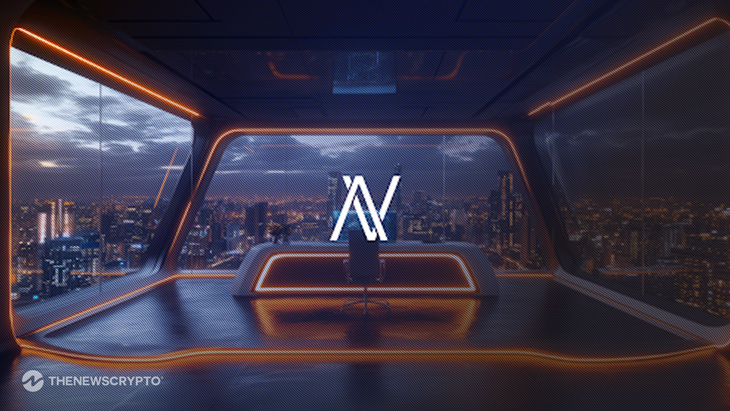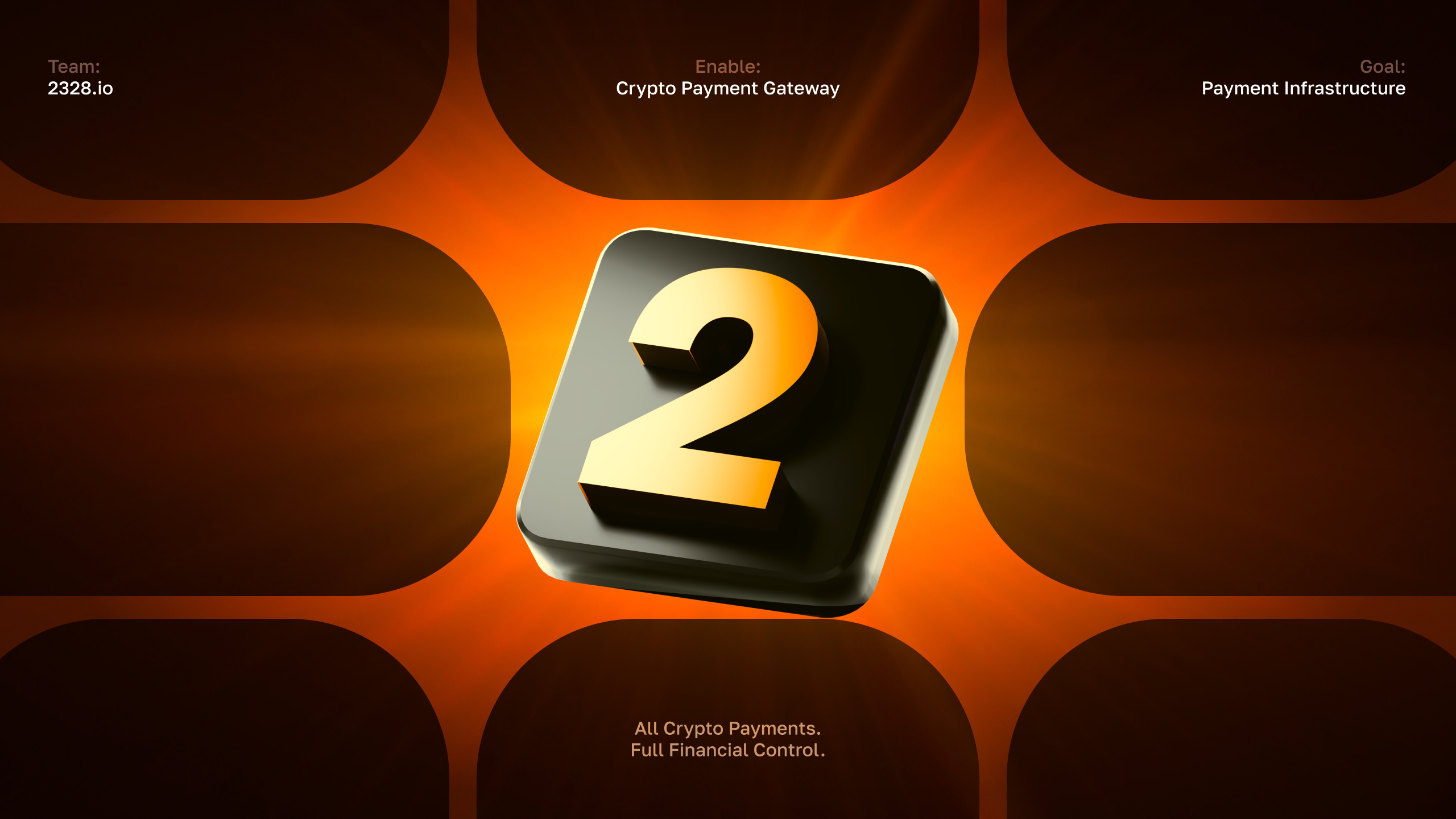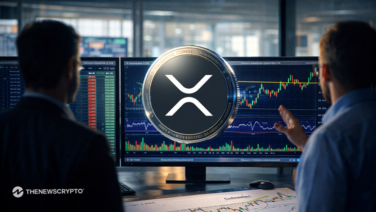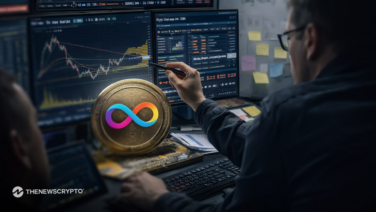How Web3 and decentralized governance are redefining company structures for a global economy
The corporate blueprint we inherited from the industrial era—centralized hierarchies, top-down control, and rigid legal frameworks—is increasingly out of step with today’s digital, fast-moving, and international world. According to Web3 strategist and serial entrepreneur Alessio Vinassa, the solution isn’t to upgrade these outdated models—it’s to replace them.
“DAOs are the natural evolution of the internet economy,” says Vinassa. “They remove friction, increase transparency, and empower communities to own and operate the systems they believe in. That’s not just innovation—that’s transformation.”
Enter DAOs: Decentralized Autonomous Organizations. Built on blockchain foundations, DAOs are offering a radically different approach to organizing people, distributing value, and building trust. And they’re not theoretical—they’re already shaping the next phase of business growth.
What Is a DAO?
A DAO is a digital-native organization governed not by executives in corner offices, but by smart contracts and community consensus. Instead of relying on a centralized structure, DAOs encode rules directly into transparent, tamper-proof blockchain protocols.
Members participate in decision-making through voting mechanisms, with each vote reflecting their contributions or reputation. From allocating resources to approving strategies, everything happens in the open.
According to DeepDAO’s 2023 report, there are now over 10,000 active DAOs globally, managing billions of dollars in assets and influencing sectors as varied as climate tech, digital media, software development, and social activism.
Redefining Corporate Hierarchies
Vinassa sees DAOs as the antidote to outdated top-down governance models.
“The most powerful feature of a DAO isn’t technology—it’s inclusion,” he explains. “You don’t need to be a shareholder or insider to have a say. If you’re contributing value, you’re shaping the future.”
In a DAO, decisions are not filtered through executive layers. They are made directly by the community—flattening hierarchies, encouraging diverse input, and aligning incentives from the ground up.
It’s a shift from authority to collaboration, where value is shared—not extracted.
Operational Efficiency in a Global World
DAOs are borderless, open-source, and operate 24/7. With smart contracts automating everything from payments to project approvals, they eliminate layers of bureaucracy and reduce friction in coordination.
This structure makes it easier for global talent to participate. Contributors don’t need to be hired through formal contracts—they simply show up, add value, and engage with the mission.
“DAOs are leaner, faster, and more inclusive,” says Vinassa. “That gives them an edge in today’s interconnected digital economy.”
Use Cases: From Protocols to People
The real-world applications of DAOs are growing every day, including:
- Protocol Governance – Where DAOs collectively manage updates and feature rollouts
- Social Causes – Communities coordinating funding for public goods, art, or activism
- Knowledge Sharing – Peer-led platforms that fund research or education through community grants
- Media & Content – Collectives that curate, fund, and govern digital storytelling
- Product Development – Builders collaborating transparently on shared product roadmaps
A 2024 report from Aragon noted a 320% increase in DAO-driven funding year-over-year, highlighting growing trust in this model of digital-first coordination.
Navigating Challenges and Complexity
Of course, DAOs are not without hurdles. Vinassa acknowledges that as with any development model, maturity takes time.
- Legal recognition is still in early stages, though jurisdictions like Wyoming and the Marshall Islands are beginning to offer frameworks.
- Coordination can be messy, especially when too many voices compete or participation wanes.
- Governance fatigue is real, with members not always keen to vote on every issue.
- Security risks—as smart contracts remain vulnerable to bugs or misuse—require constant vigilance.
“DAOs aren’t perfect,” Vinassa admits. “But neither were corporations when they started. This is innovation in real time.”
Projects are now experimenting with safeguards like delegation, proposal filtering, and on-chain reputation systems to increase resilience without losing decentralization.
Why Entrepreneurs Are Embracing DAOs
For forward-thinking founders, DAOs offer a powerful model for scaling mission-driven businesses:
- Faster iteration through real-time community feedback
- Lower overhead by automating administration
- Global participation across borders and time zones
- Incentivized loyalty from users who are also contributors
“With DAOs, you’re not just building a business—you’re building a network,” Vinassa says. “And networks grow faster, adapt better, and reach farther.”
In this model, communities aren’t just audiences. They’re builders, funders, and stewards.
Rethinking Trust: From Contracts to Code
One of the most important shifts DAOs introduce is how trust is built. Traditional companies rely on legal systems, paper contracts, and institutional authority. DAOs use open code, transparency, and aligned incentives.
“Trust doesn’t have to be granted—it can be programmed,” says Vinassa. “That’s a game changer for how we build and scale systems.”
By embedding rules into the platform itself, DAOs make it easier to build confidence without gatekeepers.
Conclusion: DAOs as a Blueprint for the Future
DAOs are not a passing trend. They’re a response to deep systemic shifts—a growing need for international, inclusive, and mission-driven collaboration in a digital world.
They won’t replace every business, but they will reshape what we expect from organizations, how we define leadership, and how we distribute value. As legal frameworks catch up and infrastructure matures, DAOs could soon become as commonplace as LLCs.
“Tomorrow’s most impactful businesses won’t be companies. They’ll be communities,” Vinassa concludes. “DAOs are how we get there—with shared purpose, transparent logic, and distributed leadership.”
For entrepreneurs and innovators ready to embrace change, DAOs offer a once-in-a-generation opportunity to rebuild the operating system of business—from the ground up.
To know more about Alessio Vinassa and his business philosophies, visit his website at alessiovinassa.io.
You can also find and follow him on the following social platforms:
Disclaimer: TheNewsCrypto does not endorse any content on this page. The content depicted in this Press Release does not represent any investment advice. TheNewsCrypto recommends our readers to make decisions based on their own research. TheNewsCrypto is not accountable for any damage or loss related to content, products, or services stated in this Press Release.








